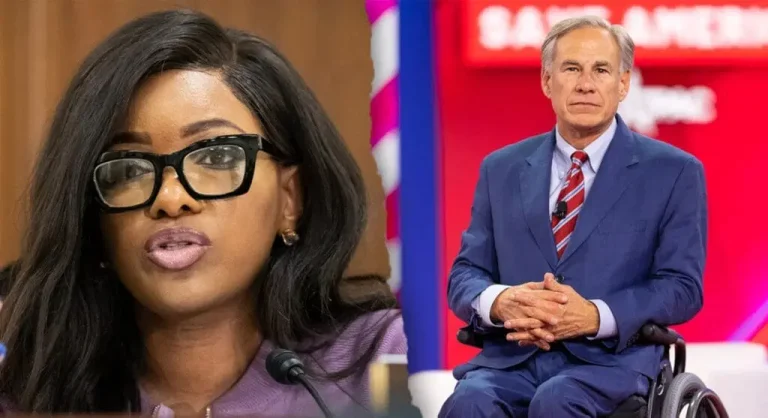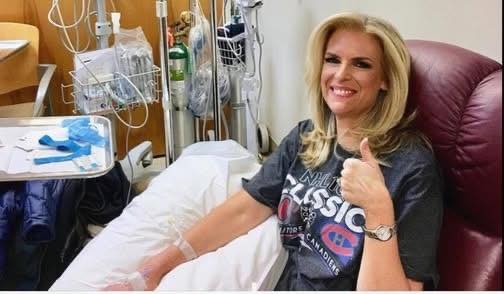YOU FOOL, THIS ISN’T EVEN OUR FIRST RECORDING OF YOU
While staying at a Vermont Airbnb, my wife noticed a blinking light on the smoke detector. I opened it—and found a hidden camera.
We left immediately and reported it. Minutes later, the host replied: “You fool, this isn’t even our first recording of you.”
Then another message came: “Maybe next time, don’t cheat on your taxes. Or lie to your wife.”
That hit hard. Months earlier, I’d taken an under-the-table freelance job to pay off debt—something
I hadn’t told my wife, Nessa. I feared whoever recorded us had seen more than just our stay.
We drove to Boston to meet Desmond, an old IT friend. He confirmed I’d been hacked—email, cloud, everything. “This isn’t just a perv,” he said. “This is personal.”
I filed a police report. Airbnb refunded us and pulled the listing. The host’s identity was fake. The messages stopped—but the damage lingered.
I confessed everything to Nessa. She wasn’t angry—just hurt that I’d kept secrets.
That moment changed us. We became more open, even about uncomfortable truths.
Lesson: Don’t ignore warning signs—blinking lights or gut feelings. Hidden things have a way of surfacing.
And sometimes, the scariest thing isn’t being watched—it’s not being truly seen.





